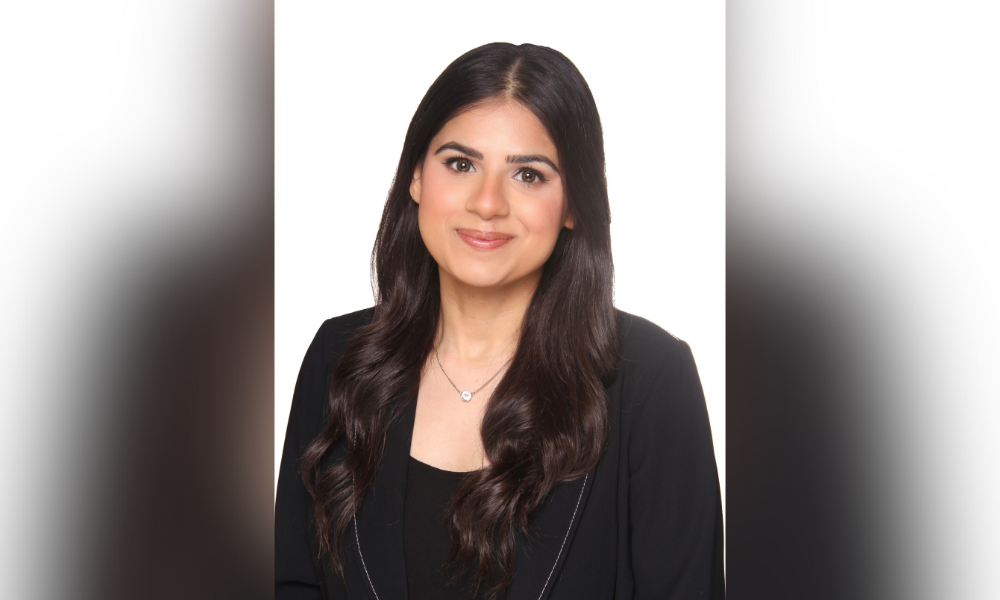President Putin says step is temporary, will aid sector
MOSCOW (Reuters) — Russia's government approved a pension system overhaul on Thursday that will give it tighter control over savings accumulated by private funds while reducing the burden of an ageing population on the state's budget.
Changes to the law will prevent private funds from collecting payroll contributions until they have changed their legal status and been vetted by the central bank, a process that is expected to take at least a year.
The move has raised concerns among market participants about nationalization of pension savings — often a tempting measure for cash-strapped governments looking to plug holes in over-stretched state pension systems.
The share of Russia's working age population is expected to decline by the end of Putin's third term in 2018 to 56.8 per cent from 60.1 per cent in 2013, Russian Federal Statistics forecasts show, adding to the burden of paying pensioners.
"We view this initiative as extremely negative, as it de facto suggests the government does not treat defined contributions as private savings," Alfa Bank economist Natalia Orlova commented.
"It is a very bad sign not just for pension reform, but also for the investment climate."
Russia's President Vladimir Putin has vigorously defended the measure, saying it is a temporary step while the government tightens regulation of a sector where public confidence is low, aiding its long-term development.
"The government isn't talking about confiscation of pensions savings," Putin told a VTB Capital investment conference on Wednesday.
"God forbid. The money won't disappear. As soon as the system of guarantees is created ... pension funds will start work again."
Passing muster
Under the new law, which has now been sent to the lower house of parliament, private funds will have to transform their legal status to joint stock companies from non-commercial organizations, and pass inspection by the central bank on the efficiency and transparency of their operations.
Savings in pension funds which pass muster will eventually be guaranteed by the government, echoing a deposit insurance scheme that Russia already has in place for bank deposits.
During the transition period, payroll contributions into the private funds, estimated at $7.6 billion in 2014, will be channelled to the state-administered 'pay-as-you-go' system that pays current pensioners, saving the government an equivalent amount of money.
Although Minister of Finance Anton Siluanov has promised to return the funds eventually, conflicting comments from officials has fuelled uncertainty about how this process will work.
Economy Minister Alexei Ulyukayev told journalists after the government meeting on Thursday that the law allows the "possibility" that the funds will be transferred back to the savings accounts as soon as private funds are guaranteed.
"The main thing is that in the end it will be carried out... However, we are only guided by verbal assurances of the Finance Minister," he said.
Employers presently pay a 22 per cent payroll levy for pensions, which is split between 16 per cent paid to the State Pension Fund - the 'pay-as-you-go' system - and another 6 per cent accumulated in an individual retirement account.
New rules also mean that starting from next year no levy will be paid into the retirement saving accounts, unless an employee expressly wishes to keep it at 6 per cent.
Russia approved this change to plug a hole in the budget of the State Pension Fund.
However, critics warn that using money previously earmarked for retirement savings to pay current pensions will worsen the long-term fiscal burden, and is a poor substitute to raising the retirement age - a step Putin has vowed to avoid.
The uncertainty over how the latest reform will work is a further reason for concern, critics say, as Russia's policy towards the sector has been plagued by constant indecision.
"When in the course of a year five (different) decisions are taken on the same topic it doesn't increase confidence in the future," said Vladimir Nazarov, a public finance expert at the Gaidar Institute in Moscow.
"In my mind it's a very negative signal for the outside world and for the population," he added.




